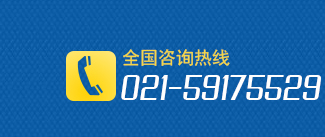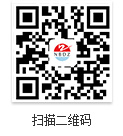1. 75% of textile manufacturers are ready to invest in layout artificial intelligence
Textile companies can use artificial intelligence to aid creativity, design, and product development. For example, they will use algorithms to filter large amounts of data to predict which products consumers prefer.
2. Globalization is intensifying and gives some players a competitive advantage
Globalization and cross-border cooperation, despite all sorts of remarks about nationalism and manufacturing resurgence, the process of globalization will not stagnate.
Exponential growth of cross-border interconnection and digitization will change the competitive environment, companies will be more global and give some players a competitive advantage.
3, the platform is first, the brand seeks to cooperate with strong sales channels
Platforms are becoming more and more important, consumers are accustomed to using the web platform as a search point, and textile brands should also seek to cooperate with these powerful sales channels.
The issue that textile brands consider should not be “what if they cooperate with the platform” but “how to cooperate with the platform”.
4. Who can win depends on who is technologically faster?
As mobile payments are already being used globally, consumers will expect fashion companies to support increasingly convenient online transactions.
In the United States, mobile transactions are expected to reach approximately $930 billion in 2018. In Western Europe, they expect an annual growth of approximately 23% and reach €148 billion in the next three years. But this market is already very crowded. Whoever wins last depends on who has faster technological innovation and better user experience.
The challenges that textile companies face in this area will become increasingly complex, from device support to cloud computing, mobile service providers to integration with offline channels.
5, sub-sectors become hot spots, enterprise development is no longer a one-size-fits-all
Under the fierce market conditions, market segments have become inevitable. The textile market is in an unprecedented bottleneck period, and it is not a simple operation for enterprises to develop a unified production line.
6. Traditional companies will be forced to face the market with a more open attitude
Due to fierce competition in the industry, innovation is urgently needed, and more and more fashion companies are beginning to emulate the characteristics of startups, such as flexibility, collaboration and openness.
Traditional companies will be forced to face the market in a more open manner, accepting new types of talent, new ways of working, new partnerships and new investment models.
Founded in 1984, Ningbo Volkswagen Chemical Fiber Industry Co., Ltd. is now a large industrial enterprise in Zhejiang Province, with an annual output of 68-1800D PP yarns, PP POY yarns, polypropylene plain yarns, PP FDY yarns 15,000 tons, 1.5D- 13D various specifications of polyester staple fiber 25,000 tons.


 Mr. Chen Fei (Mr.)
Mr. Chen Fei (Mr.) 86-574-63550733
86-574-63550733 86-574-63551022
86-574-63551022 dz@dzfibre.cn
dz@dzfibre.cn



